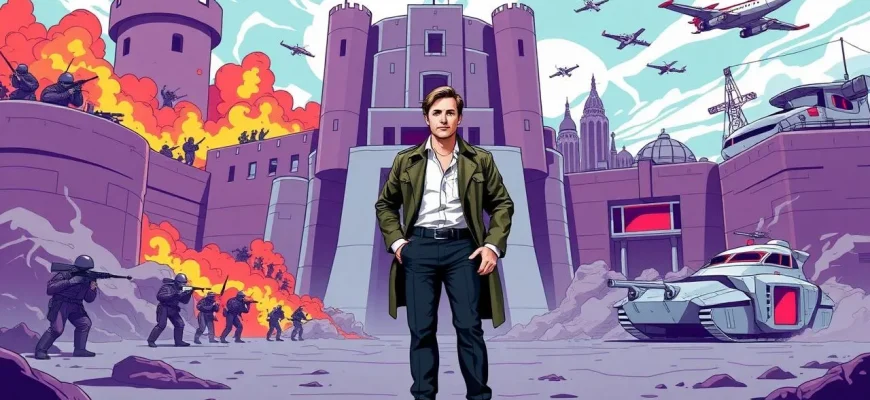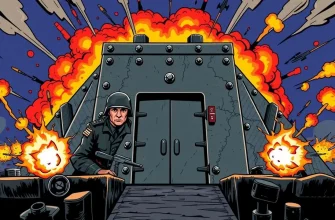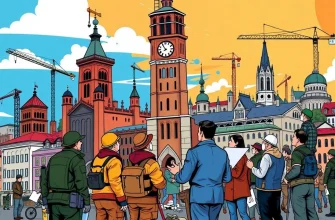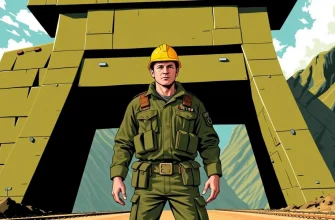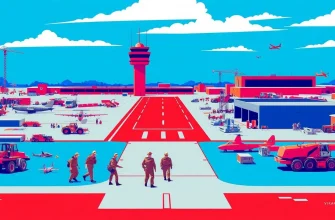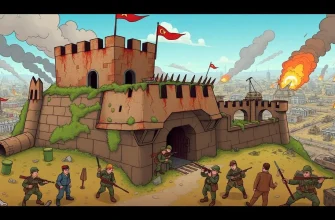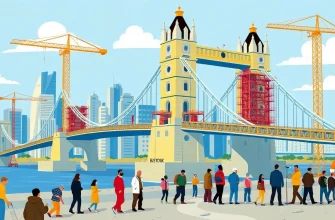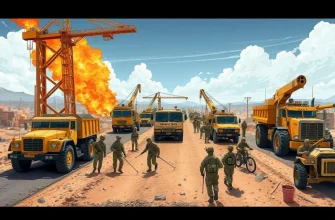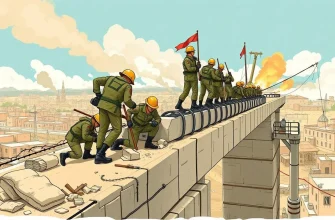This curated collection delves into the fascinating world of military architects, showcasing their pivotal role in shaping the outcomes of battles and wars. These films not only highlight the strategic importance of fortifications but also the personal stories and ethical dilemmas faced by those who design them. Whether you're a history buff, a fan of war films, or simply intrigued by the intersection of architecture and military strategy, this selection offers a unique perspective on how architecture has influenced warfare throughout history.
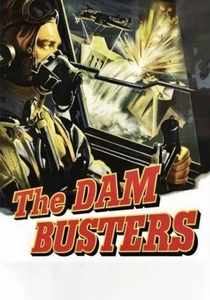
The Dam Busters (1955)
Description: While not about architects per se, this film showcases the engineering feats required to design and deploy the bouncing bomb, which targeted German dams, a critical piece of military infrastructure.
Fact: The film was based on the real Operation Chastise, and the actual bouncing bomb was developed by Barnes Wallis, an engineer whose work was pivotal in WWII.
 Watch Now
Watch Now
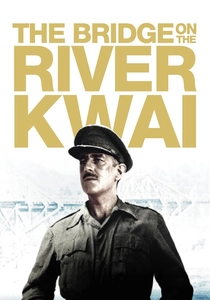
The Bridge on the River Kwai (1957)
Description: This film centers around the construction of a bridge by POWs during WWII, showcasing the engineering and architectural challenges faced by military architects under duress.
Fact: The bridge was actually built for the film, and its destruction was a major cinematic event.
 Watch Now
Watch Now

The Guns of Navarone (1961)
Description: The film involves a commando team tasked with destroying a seemingly impregnable German fortress, highlighting the strategic importance of military architecture in WWII.
Fact: The film was based on a novel by Alistair MacLean, who was known for his detailed descriptions of military operations.
 Watch Now
Watch Now
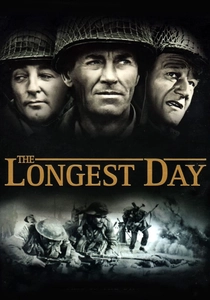
The Longest Day (1962)
Description: This epic war film includes detailed scenes of military fortifications and the strategic planning involved in the D-Day invasion, highlighting the role of military architects.
Fact: The film was one of the first to use actual military personnel as extras, providing authenticity to the portrayal of military operations.
 Watch Now
Watch Now
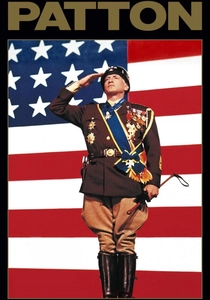
Patton (1970)
Description: While focused on General Patton, the film includes scenes where military architects are seen planning and constructing defensive positions and fortifications.
Fact: George C. Scott's portrayal of Patton won him an Academy Award, and the film itself won Best Picture.
 Watch Now
Watch Now
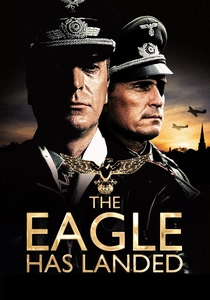
The Eagle Has Landed (1976)
Description: This film features a plot where German paratroopers attempt to kidnap Winston Churchill, showcasing the use of military architecture in planning and executing covert operations.
Fact: The film was shot in Ireland, using locations that doubled for England, to capture the essence of wartime Britain.
 Watch Now
Watch Now
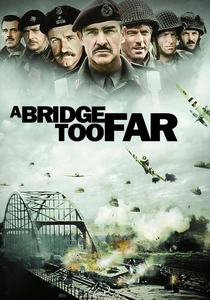
A Bridge Too Far (1977)
Description: This film details Operation Market Garden, where military architects played a crucial role in planning the capture of key bridges in the Netherlands.
Fact: The film features an all-star cast and was one of the most expensive films ever made at the time of its release.
 Watch Now
Watch Now
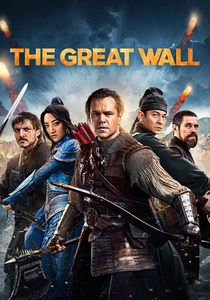
The Great Wall (2016)
Description: While not strictly about military architects, this film features the Great Wall of China, a monumental piece of military architecture. It explores the strategic importance of such structures in defending against invasions.
Fact: The film was shot in Qingdao, China, with a set that replicated a section of the Great Wall, showcasing the scale and complexity of ancient military architecture.
 Watch Now
Watch Now
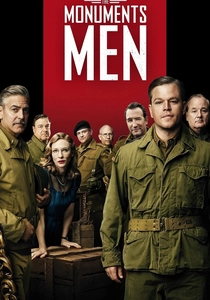
The Monuments Men (2014)
Description: This film follows a group of art historians, museum directors, and architects tasked with protecting cultural treasures from Nazi theft during WWII. It showcases the role of architects in wartime preservation efforts.
Fact: The film is based on the true story of the Monuments, Fine Arts, and Archives program, which was established to protect cultural heritage during and after the war.
 Watch Now
Watch Now
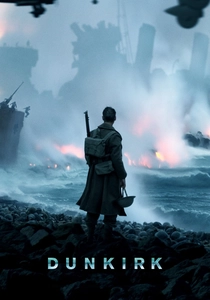
Dunkirk (2017)
Description: Although primarily a war film, 'Dunkirk' includes scenes where military architects and engineers are seen working on fortifications and defensive structures during the evacuation.
Fact: Christopher Nolan used real Spitfire aircraft for filming, highlighting the attention to historical detail in the portrayal of military operations.
 Watch Now
Watch Now

